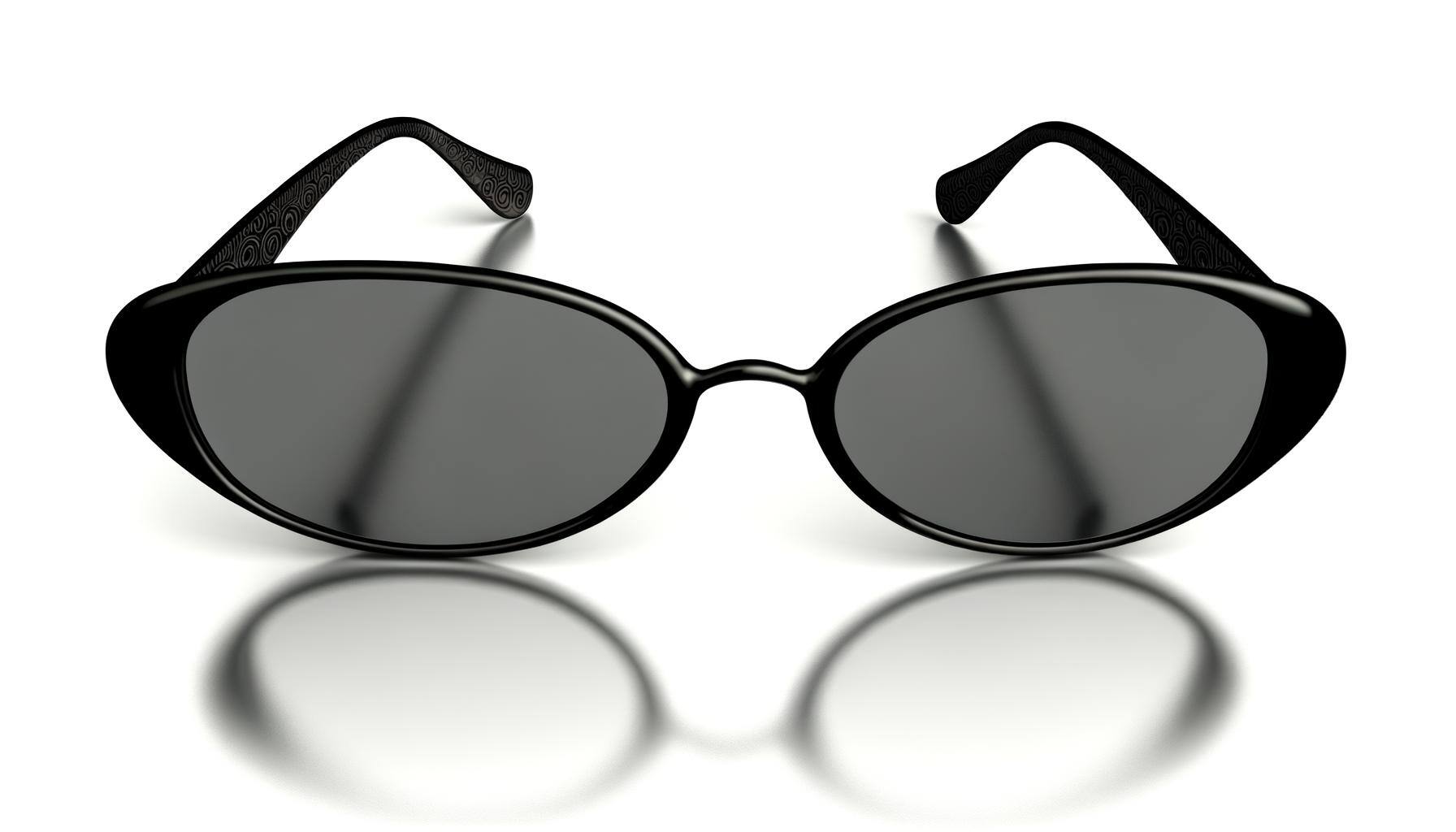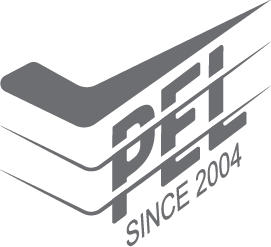Private label eyewear and in-house brands are striking a chord with today's consumers. But is it a smart business move or a risky gamble? Let's explore the case for private label eyewear, examine the facts, and let you decide.
Companies across the globe are challenging industry giants like Safilo and Luxottica for a piece of the now $110 billion global eyewear market in 2024. Private label and in-house brands are driving a significant shift in competitive dynamics, leading to a more balanced and equitable distribution of market share. We'll take a closer look at some private label eyewear companies that are thriving in this space and discuss why achieving success in this market might be easier than you think.
What is Private Label Eyewear?
In this blog, we’re defining private label eyewear as optical products that you purchase directly from a private label eyewear factory and then brand with your own label or name. This process, similar to branding accessories or clothing, is known as private label production. When working with private label eyewear manufacturers, you can choose from a range of pre-designed products or collaborate closely with them to create custom designs. This approach is commonly referred to as private label eyewear manufacturing, where the focus is on producing high-quality products under your own brand name.
Private Label Eyewear in the Age of E-Commerce: 2024 Insights
In 2024, the landscape of private label products, including eyewear, has evolved significantly, with Amazon still playing a pivotal role. The e-commerce giant has not only maintained its dominance but has also refined its private label strategies, leveraging consumer trust and advanced logistics to build powerful in-house brands.
Amazon's private label success has set a standard that many are eager to follow. The company’s stringent quality control measures, combined with transparent customer reviews, have created an environment where only the best products thrive. Consumers today rely heavily on these reviews, and Amazon's emphasis on quality ensures that subpar products are quickly flagged and phased out. This system has become a benchmark for private label success across industries, including eyewear.
The Future of Private Label Eyewear: Why Quality Matters More Than Ever
In the competitive world of private label eyewear manufacturing, quality remains the cornerstone of success. With numerous options available from private label eyewear factories, retailers must ensure that their products can stand toe-to-toe with established brands. The key to thriving in this space lies in producing eyewear that matches the quality of top brands while offering it at a more accessible price point.
As private label eyewear production continues to grow, retailers are increasingly partnering with reliable private label eyewear manufacturers who can deliver high-quality products that meet consumer expectations. In 2024, consumers are more discerning than ever, and their expectations for quality are non-negotiable. Brands that prioritize quality in their private label eyewear offerings are the ones that will endure and succeed in this rapidly evolving market.
Ultimately, in the world of private label eyewear, quality isn’t just important—it’s everything. Brands that focus on delivering superior products will continue to build trust with their customers and carve out a significant share of the market.
How Can Small Companies Compete with an Oligopoly like EssilorLuxottica?
%20(1).png?width=1024&name=Untitled%20design%20(68)%20(1).png)
The dominance of EssilorLuxottica in the global eyewear market is absolute. This $15 billion powerhouse, formed by the 2018 merger of Essilor and Luxottica, has expanded its influence far beyond what was previously known. With ownership of iconic brands like Ray-Ban and Oakley, EssilorLuxottica not only controls a significant portion of eyewear manufacturing but also dominates the retail landscape with over 10,000 stores worldwide, including well-known names like LensCrafters, Pearle Vision, and Sunglass Hut.
The company's strategy of vertical integration allows it to manage every aspect of the eyewear supply chain—from production to retail—making it a formidable force in the industry. This control extends to prescription lenses and contact lenses, where EssilorLuxottica continues to lead the market.This extensive reach raises questions about pricing and value for consumers, given that the same production facilities might be churning out both high-end designer frames and more affordable models sold at places like Target.
Why Private Label Now?
According to Statista.com:
“The perception of private label brands used to be quite negative. In 2011, 17 percent of U.S. consumers felt PLB's were for people on tight budgets who couldn't afford the best; but due to the economic downturn in recent years, consumers have changed their mind-set on these products. 33 percent of North American consumers have come to the realization that, in terms of quality and value, these products are equally as good as the name brands they used to purchase. As a result, 94 percent of consumers in North America will continue to buy private label products when the economy improves.”
Private label brands provide a variety of advantages for retailers. In addition to differentiation and loyalty, retailers who make use of a private label strategy gain a sizeable control over the products they offer. They help control over-pricing of products, provide a better control over production, marketing and profits, which in turn helps build recognition and value from their customers.

Some of the most disruptive retailers in the eyewear trade have been successful, largely based on their private label strategies. Costco optical has repeatedly earned the highest overall satisfaction score among optical retailers by Consumer Reports. Costco’s use of unbranded products has allowed them to seamlessly improve the products and maximize consumer value by controlling their cost of goods.
Warby Parker is an excellent example of a company that saw a gap in the market, took a chance and subsequently built a business worth an estimated $1.2 billion, all in five years. They utilize an exclusive private label strategy and sell only Warby Parker branded frames and lenses.
WP focus heavily on customer experience and enjoy total ownership of the relationship with their customers. They are also well known for their strong community initiatives, like providing funding or glasses to nonprofit partners like VisionSpring for every pair of glasses purchased by consumers. Who wouldn’t want to get behind such an inspiring initiative?
What About the “Small” Guys?
Small retailers stand to benefit even more than large retailers, considering they implement a well planned private label strategy. Customers that frequent small stores expect customization and personalization, they are, after all, “specialty” stores.
Optical retailers are uniquely positioned to add a private label to their overall retail strategy. Eyeglass lenses are by their very nature transparent and have no visible trademark for a consumer, and require no physical packaging. On the other hand, cases and lens cloths are easy to brand and readily available in small quantities.
See where we’re going with this?
A small retailer can differentiate themselves with the help of a good local wholesale lab and go beyond the private label to create exclusive offerings that are both unique and locally produced. Which is a good selling point and also a way to build both brand and customer loyalty.
Some optical stores are even offering their patients unique eyewear in Buffalo Horn, Goat Horn, and Block Acetate. Like these Handmade buffalo horn rectangle sunglasses from Morgenthal Frederics.
Pro and Cons
Famous Brands v.s. Private Label
Consumers seek out brands for quality assurance and not so much for their emotional appeal. Traditionally, eyewear of established brands such as Ray-Ban, Oakley, and Revo has been the backbone of optical shops. Prices tend to be artificially inflated due to the oligopolistic nature of the eyewear trade, and lacking transparency, which is what independent eyewear stores and startups are essentially fighting against.
And now private label and in-house brands are making waves with creative eyewear and simple pricing systems.
Companies such as Vision Express and Japanese optical chain Owndays manufacture and retail a variety of in-house brands. The eyewear quality is excellent and priced significantly lower than competing famous brands.
These in-house brands target different lifestyles, personalities, and even different occasions to wear glasses. The pricing structure is simple with fixed and affordable price points, making it all the more accessible to consumers.
In stark contrast to Oakley, Ray-Ban, Gucci and any other major eyewear brand that comes to mind, these private label brands aren’t licensed to other retail channels. Which in turn creates a product that is perceived as exclusive and very much coveted.
Private labeling eyewear by all accounts looks like the way forward for retailers, consumers and the eyewear trade as a whole. And if not for anything else, it’s an excellent opportunity to stick it to the man.
We’d like to hear your thoughts on private label and in-house eyewear. Any stories you can add of your success or failure in the past? Feel free to add your thoughts to the comment section below and share with our readers.
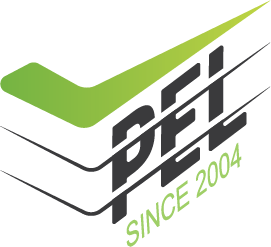


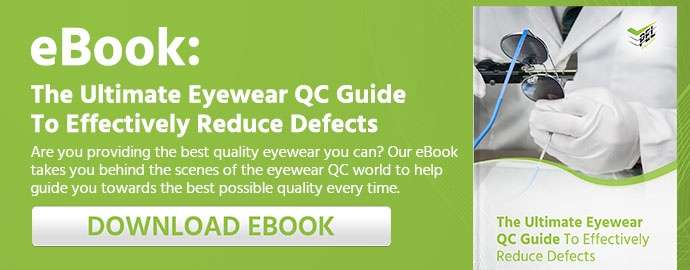

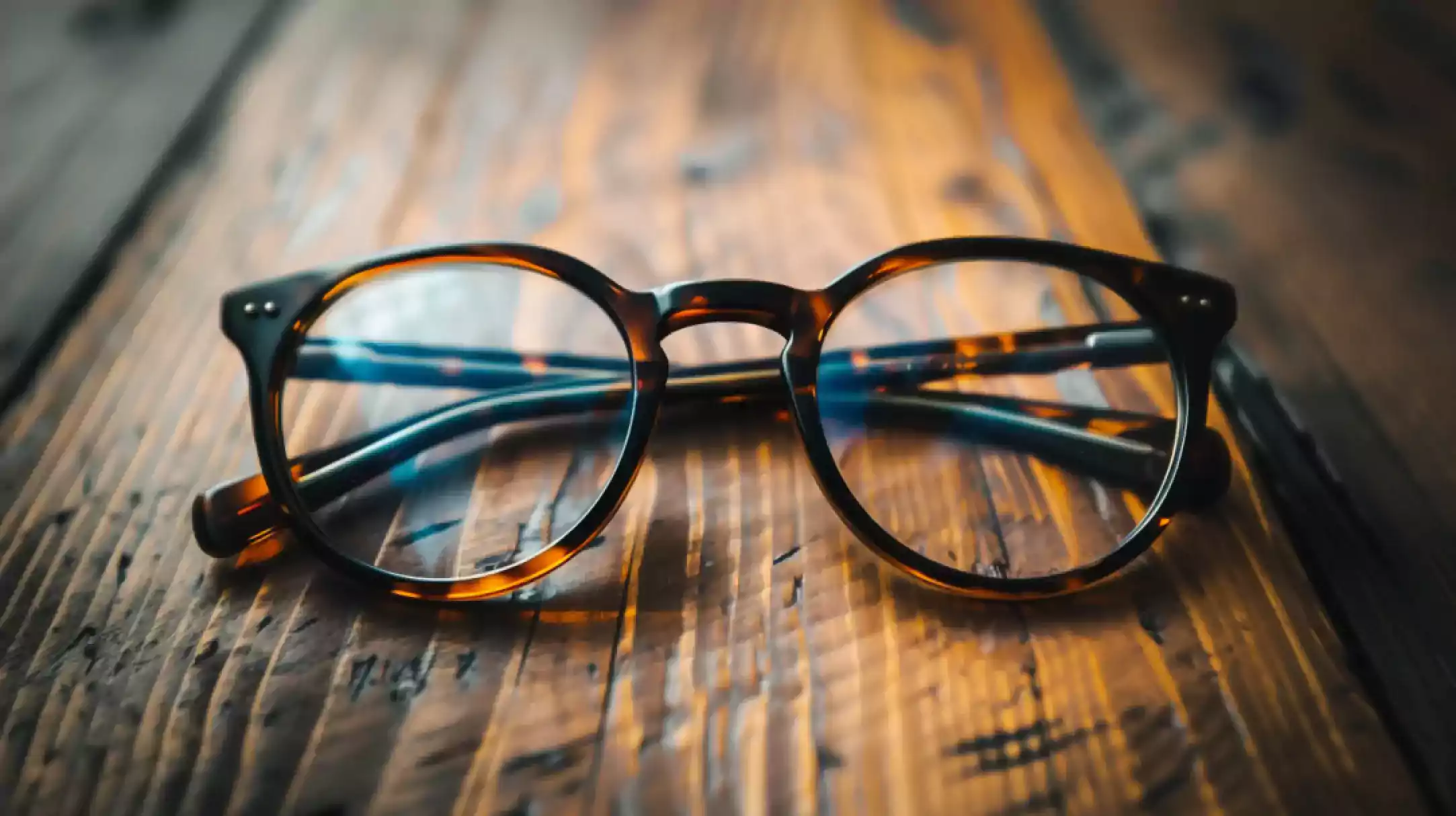
.jpg)
